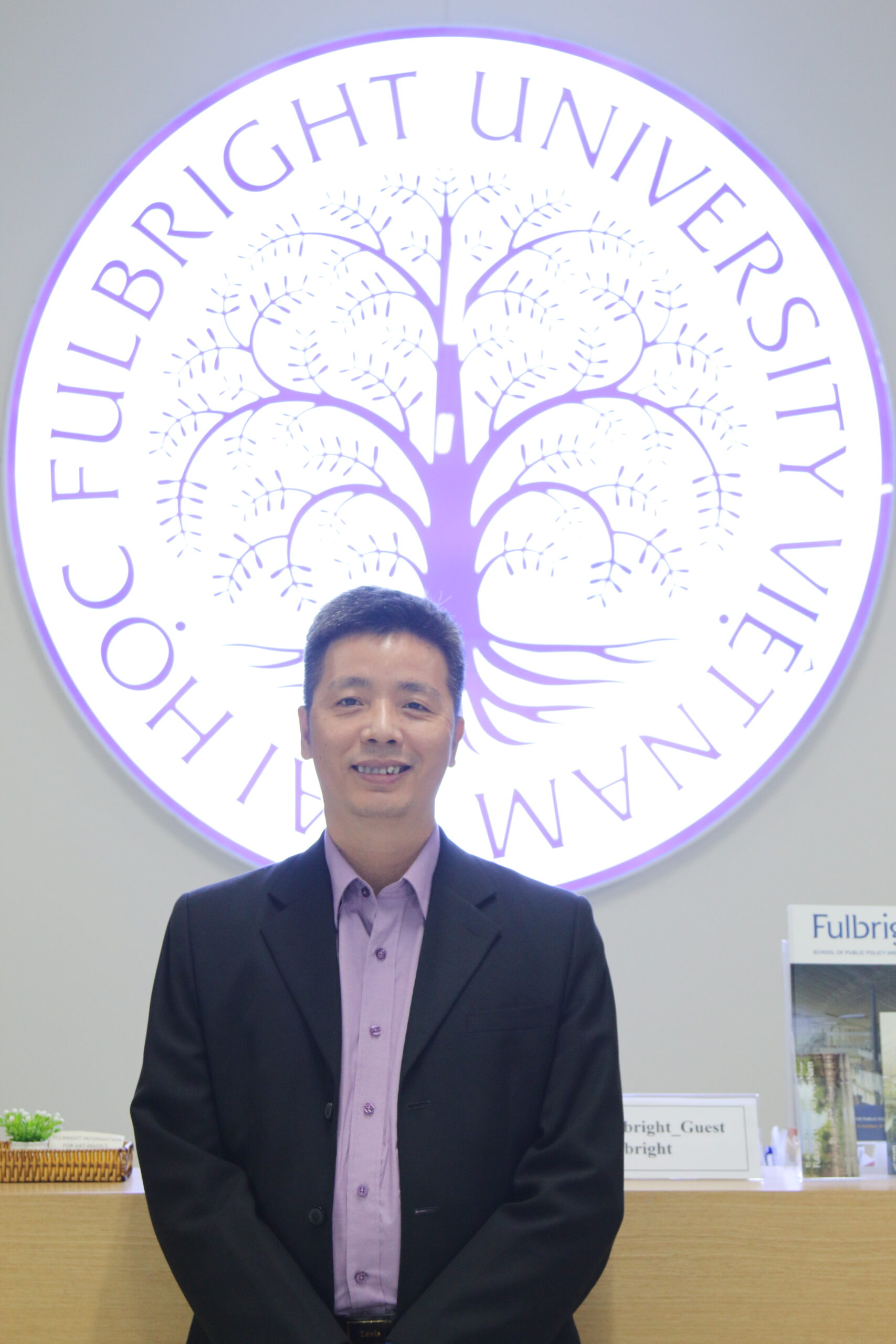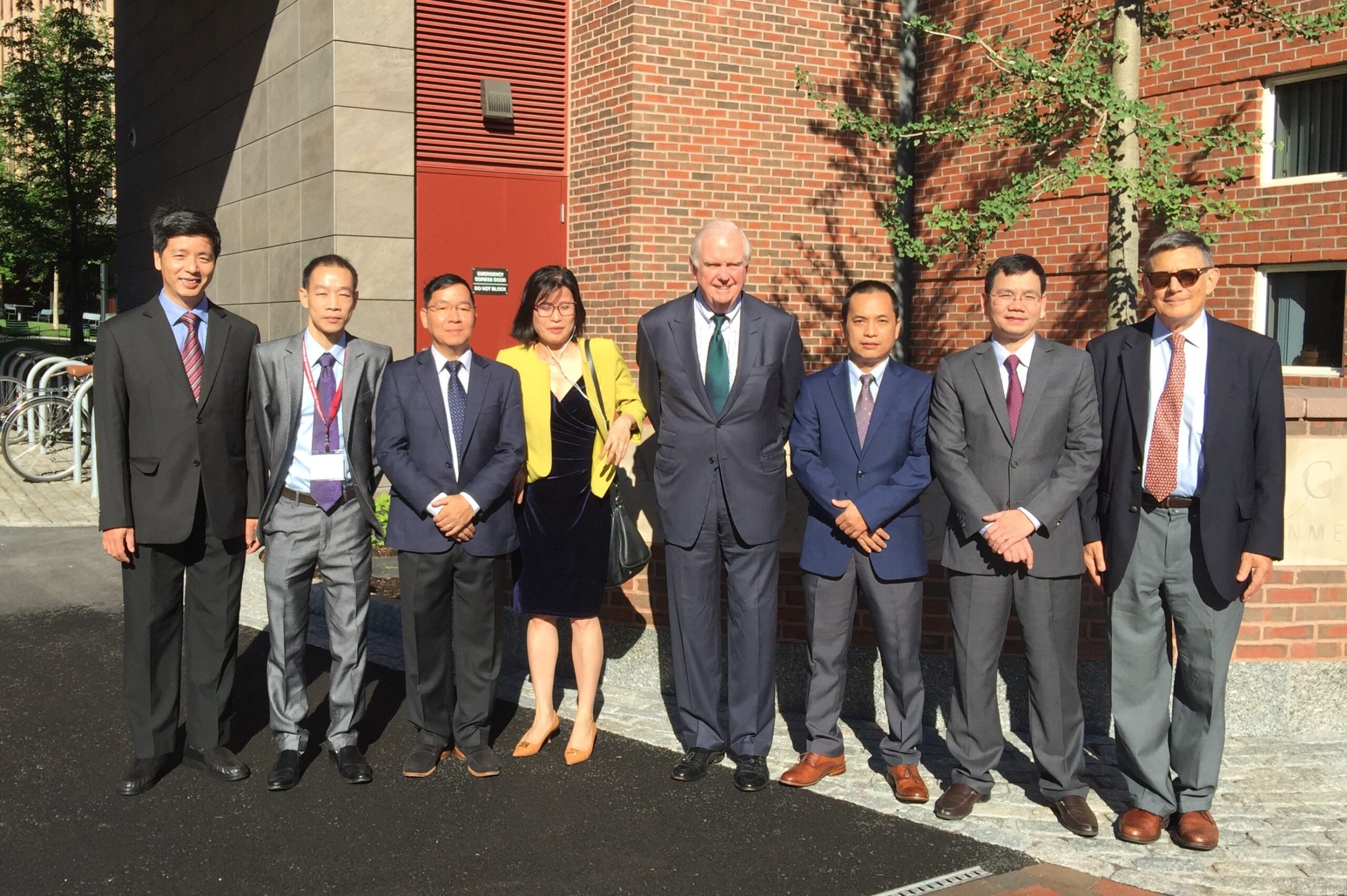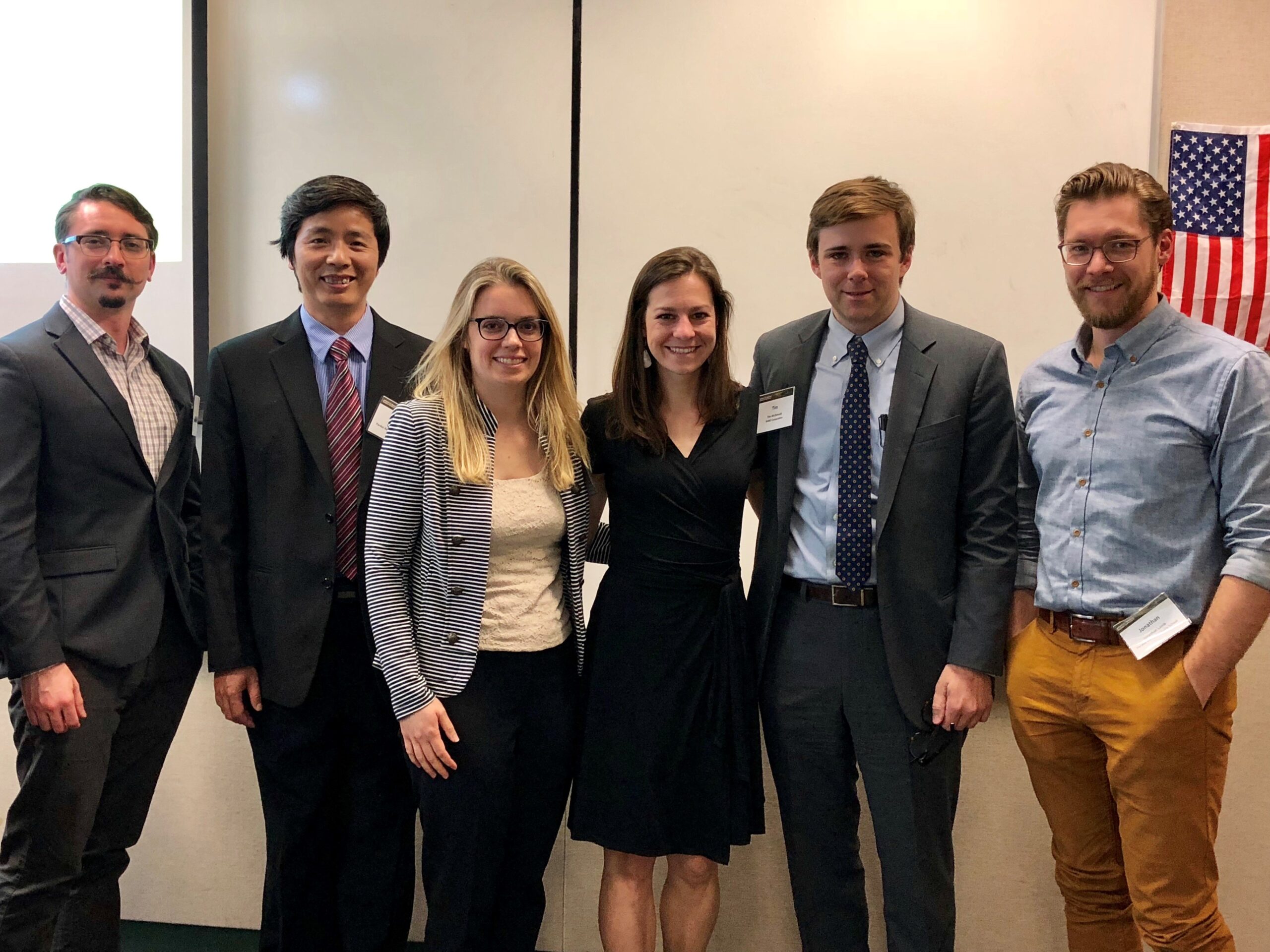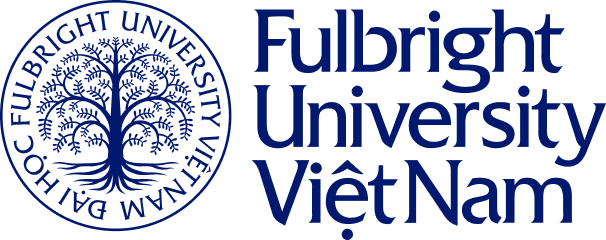
Huynh Trung Dung sees his twelve-year-and-counting journey with Public Policy as an ordinary path simply because it occurs naturally to him. But the extraordinary lies in the persistent pursuit towards this one single field where he finds his best self.

Huynh Trung Dung – Public Policy Faculty Lead of the YSEALI Academy cum Lecturer at Fulbright School of Public Policy and Management
Public Policy is everything around us
From a very young age, Huynh Trung Dung already knew that he wanted to contribute to the common good of society. From his perspective, the public sector had more room for construction and direction in comparison to the private sector, and that is where he decided to work for the public good.
“Public Policy is everything around us. It is in every single breath we take, whether we stay inside or we go outdoors, we are all bounded by Public Policy,” Dung exclaimed.
There are social aspects that can only be regulated and resolved by state policies, especially those related to disadvantaged groups – the community of people with special circumstances, with limited rights and limited access to necessities. To Dung, there are three factors to evaluate the effectiveness of a public policy: fairness, equality, and longevity.
“Fairness in resources. For example, Ho Chi Minh City generates more than 20% of GDP, more than 25% of the state budget so it should receive adequate resources, but in reality, the city only retains 18% of revenue, while the remaining 82% goes directly to the state budget. Inequality here affects the efficiency of budget use, meaning that if Ho Chi Minh City keeps more, it will generate more revenue for the whole country from that fund.
“Equal access to rights among groups in society, regardless of financial condition, gender, religion, and other aspects.
“And finally the long-term calculation. Policy enacted in the present time needs to be considered with regard to its impact in the future. For example, if a policy aims to solve an economic problem now but causes harm to the environment, it is unacceptable because then future generations will have to bear the consequences.”
Education – a safe environment
Huynh Trung Dung realizes his passion with a Bachelor’s degree in foreign trade and diplomacy in Vietnam. Right after graduation, he spent eight years working at the Ministry of Foreign Affairs and the Department of External Relations of Ho Chi Minh City. During that time, he completed his master’s degree at the Lee Kuan Yew School of Public Policy, National University of Singapore.
“Singapore shares many similarities with Vietnam from geography, politics to culture and diplomatic relations. The studies I’ve done there were directly applied to my work in the public sector at the time“, he contended.
As a person who always put practicality and efficiency first, his intention to contribute to the public sector when he returned to Vietnam did not go as he expected. With a yearning for growth and development, not only for the common good but also for himself, Huynh Trung Dung decided to take a leap of faith and turn to education – a place “suitable for a calm persona, not too competitive”, where he could make the best use of what he has learned and experienced in a foreign environment.

Huynh Trung Dung at a social event in Lee Kuan Yew School of Public Policy, Singapore 2008
Huynh Trung Dung’s educational career started at RMIT University Vietnam, then he joined the Fulbright Economics Teaching Program (FETP). When he was about to complete his Ph.D. and return home, he was happy to join YSEALI Academy as a Lead Faculty for Public Policy and lecture at the Fulbright School of Public Policy and Management (FSPPM), Fulbright University Vietnam. This place, according to him, is the best resemblance to his pursued public policy – “a big umbrella” covering many fields to solve interdisciplinary and global issues.

Huynh Trung Dung and FSPPM faculty at Harvard, 2018
At YSEALI Academy, he serves as a Lead Faculty for Public Policy. In this position, his responsibilities are not confined to the teaching duties, but rather, expand to strategic planning, proposing new topics, and inviting, connecting lecturers and experts from all across the world.
The diversity of students, as well as guest speakers, poses some challenges for Dung while also presents him with interesting experiences. The challenge was that he had to design an intensive program suitable for students in 11 Southeast Asian countries (including Timor-Leste) and from a variety of professions. It is also interesting because it is the first program in Southeast Asia to discuss public policy at a regional and interdisciplinary scale for young leaders in the region. All the while, being in a coordinating lead position also gives him opportunities to simultaneously learn more about fields that are not his specialty.
“Every country has its own solution for public problems, but there are many similarities. YSEALI Academy seminar is an opportunity for young people from different countries to learn from each other from both those similarities and differences. An avid example in the Public Policy seminar on Energy Economics and Policy is that Vietnam’s problem is coal power, while in Laos, Cambodia, it is hydroelectricity and in Singapore, it is solar energy, but we all share a few things in common: efficiency issues and the impact of energy use on different groups in society” – Mr. Dung reflected on the first Public Policy seminar at YSEALI Academy. This is practical as we join hands to discuss global issues under policy approaches from many countries and different professions, to work together to do something useful for today and for the next generation, the future.

Huynh Trung Dung in a Q&A webinar for YSEALI Academy
Practical interdisciplinary over pure academia
For Huynh Trung Dung, Public Policy must go hand-in-hand with practice. When deciding to continue studying for a Ph.D., among many options, he chose Pardee RAND Graduate School, USA. Unlike the majority of graduate schools in the U.S., Pardee RAND School under RAND Corporation is a leading American non-profit think tank organization, so its program is built on real projects. Where students work directly with experts.
During his research at RAND, he participated in many policy analysis projects in various fields of security, international relations, and healthcare. Research and analysis projects at RAND are mostly absorbed and applied by policymakers.

Huynh Trung Dung and his colleague at RAND, 2017
While teaching at the Fulbright School of Public Policy and Management as well as the YSEALI Academy, he fosters an environment where students are encouraged to debate, apply, and implement real-world projects. “When I have concerns in my head and we discuss facts together, then I really learn many things,” Dung shared.
Accompanying young people from many different fields yet all share the same interest and desire to contribute to society via public policy, Huynh Trung Dung feels inspired and energized every day. Especially in the Public Policy seminar at YSEALI Academy, he was impressed with the cooperative spirit of fellows from all over the region. “There are students who are highly specialized in their field but still were open to learn from the sharing of other fellows from different fields and in return, they also bring their knowledge to share with the whole team. While working in groups, the young leaders coordinate with each other very smoothly and openly, aiming towards the most multi-dimensional and practical solution” – Huynh Trung Dung excited.
He hopes to see more young people who are dynamic, creative, and interested in the common good participate in public policy seminars at the Fulbright School of Public Policy and Management and YSEALI Academy, where students are to freely explore the academic world while also can immerse in practical applications, where they can find their community and join hands to tackle the world’s interdisciplinary problems.
An Bình








